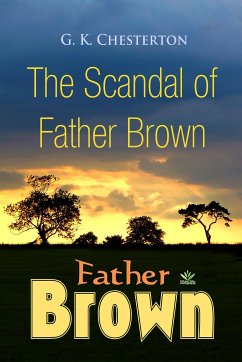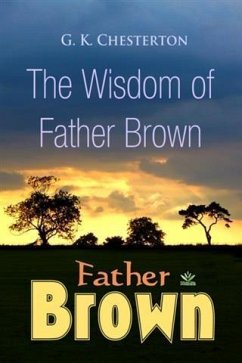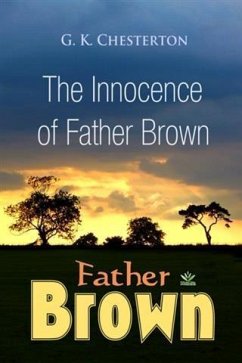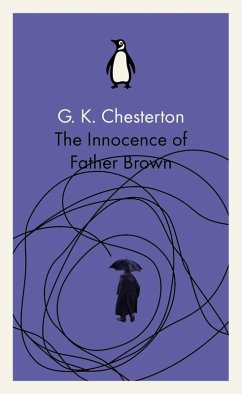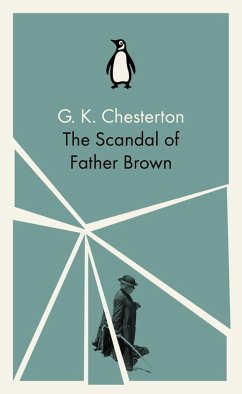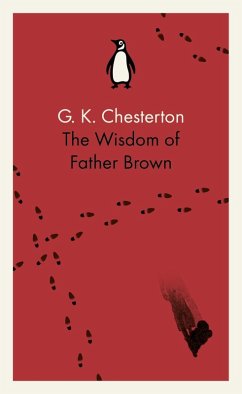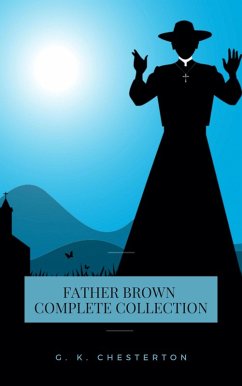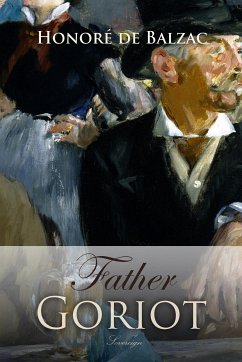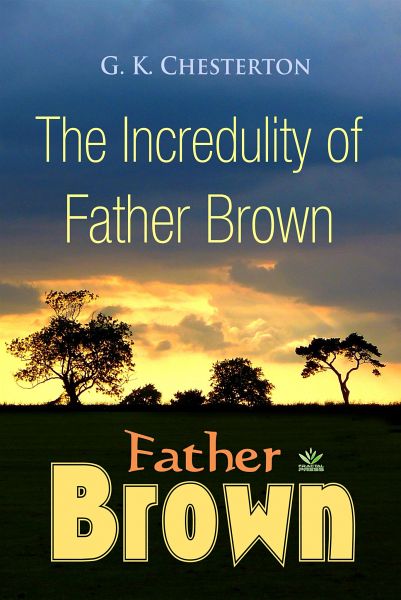
Incredulity of Father Brown (eBook, ePUB)

PAYBACK Punkte
2 °P sammeln!
There was a brief period during which Father Brown enjoyed, or rather did not enjoy, something like fame. He was a nine days' wonder in the newspapers; he was even a common topic of controversy in the weekly reviews; his exploits were narrated eagerly and inaccurately in any number of clubs and drawing-rooms, especially in America. Incongruous and indeed incredible as it may seem to any one who knew him, his adventures as a detective were even made the subject of short stories appearing in magazines.
Dieser Download kann aus rechtlichen Gründen nur mit Rechnungsadresse in A, B, BG, CY, CZ, D, DK, EW, E, FIN, F, GR, HR, H, IRL, I, LT, L, LR, M, NL, PL, P, R, S, SLO, SK ausgeliefert werden.




